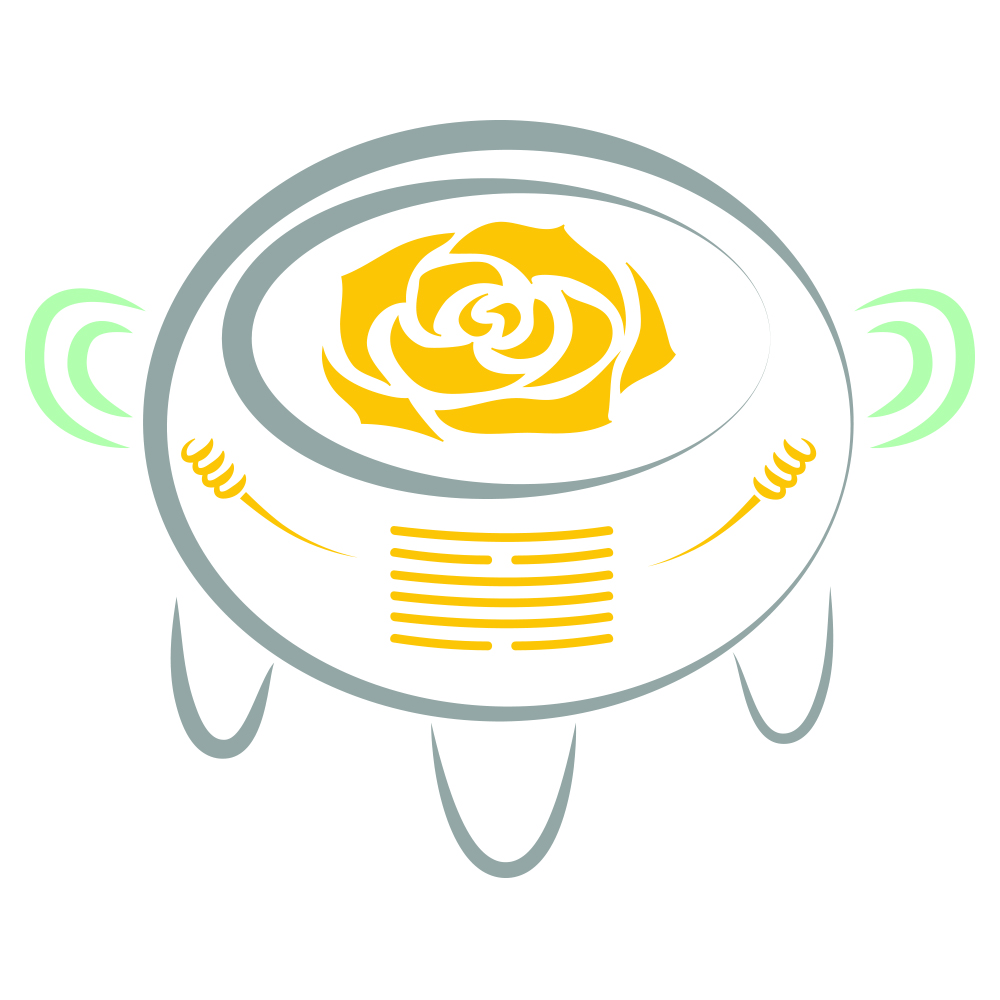“May all brings be peaceful. May all beings be happy. May all beings be safe. May all beings awaken to the Light of their true nature. May all beings be free.”
We have followed closely the ongoing immigration crisis taking place at the US-Mexico border. As a trauma-informed clinic, we are well aware of the long-term effects this policy will likely have on the children and families that are enduring painful separation. The images are disturbing at best and despite mass public outcry, lawmakers have made little to no impact in reuniting separated parents and children.
As this continues to unfold, we as community acu-punks and health advocates are feeling angry and sad. Community acupuncture, by its very nature, is committed to battling oppression on a daily basis, bringing acupuncture to the working-class, and creating a safe place for all peoples to thrive, heal, and coexist. We recognize that this itself is a radical act. As POCA Co-Founder Lisa Rohleder states: "...society doesn't treat poor people or working-class people well, or women and children, or immigrants or people with mental illness....[ Acupuncture Points Are Holes: A Case Study in Social Entrepreneurship, pg. 169].
As part of this movement, we are compelled to change that narrative. We want to share an important study that highlights the potential long-term effects of today's immigration policy that is deeply affecting families and children. The Adverse Childhood Experiences study (ACEs) is summarized by the Centers for Disease Control and Prevention as follows: "Childhood experiences, both positive and negative, have a tremendous impact on future violence victimization and perpetration, and lifelong health and opportunity. As such, early experiences are an important public health issue."
To flesh this out further, the ACEs study has shown that long-term exposure to traumatic events (such as sexual, physical or verbal abuse; physical or emotional neglect; a family member who is in prison; the loss of a parent through abandonment or divorce; and household dysfunction), can greatly increase the risk of mental health problems and substance abuse, as well as physical health problems later on in life.
In essence, no matter what side of the immigration platform you stand on, detained children are being setup for high ACEs scores and long-term health consequences. As this continues, they're at greater risk for:
- risky health behaviors,
- chronic health conditions in adulthood (such as pain due to arthritis, headache or chronic back or neck pain)
- low life potential, and
- early death (due to cardiovascular disease, liver disease, chronic lung disease, and cancer)
That isn't to say that these outcomes are set in stone. The study also recognizes the role that resiliency has in early development and the key role that close relationships have in building resiliency in a person. But, as is the case with detained children, they have been separated from the very people that might help them recover from these experiences. More than likely, their lives, liberty, and ability to find happiness, will be a challenge that lingers far beyond the moment if/when they find their families.
As we process this information and the news in the coming days, weeks, and months, we can allow ourselves the space to acknowledge, talk about, and do what we can to provide relief. In talking with a patient about this crisis, we agreed it is not something to simply "get over" or ignore. The full effects of these policies are unknown but clearly they are harmful to people now and they will likely have significant, long-term effects.
---
If you would like to learn more about the ACES study, visit the CDC's website or read this NPR article, the latter of which includes an ACEs test you can take to see if the research outcomes ring true for you.
There is also a wonderful graphic zine, Trauma is Really Strange, that recognizes how "stress and trauma [change] how our brains work"; how if you "squeeze any human hard enough, [they] will be overwhelmed"; how "the best way to reset the old parts of our brains is to slowly wake up the body"; and how "healing trauma is not about remembering, it is about self-regulating to turn down intense reactions in the body." It adds that "being in a body, without chronic tension patterns and a sensitized brain, will lead us to being happier and healthier."
Given the widespread effect of trauma, we offer trauma-informed acupuncture to help you process these experiences. Acupuncture is no panacea, but it can help calm the nervous system, treat many of the symptoms and diseases brought on by chronic stress and trauma, and help manage PTSD symptoms. To quote Lisa again: "...many, many people are suffering from stress, injuries, or emotional problems that make it difficult for them to work. If acupuncture can help people recover and return to work, acupuncturists have a social responsibility to help them, particularly at a time of economic difficulty for the entire country. (Acupuncture is Like Noodles)". We welcome anyone to our clinic who is feeling like they need a safe space to heal. We (and all of our affiliated POCA clinics) will hold space for you.
